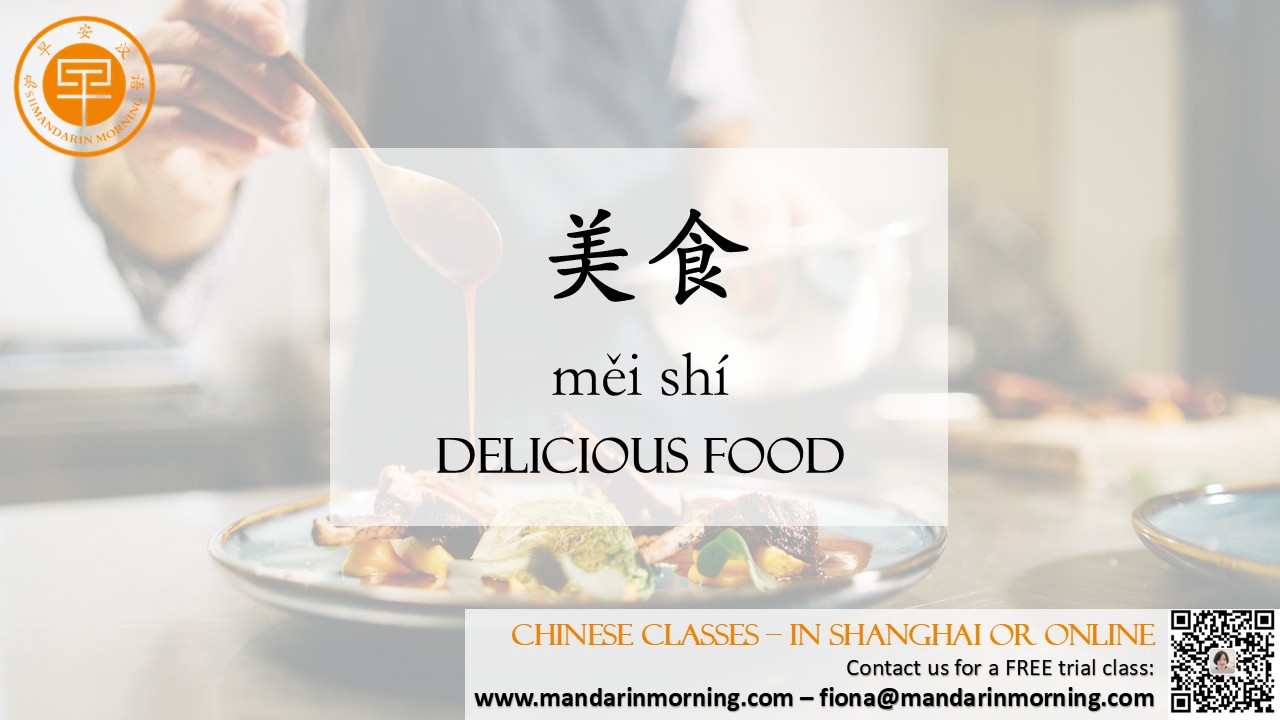Exploring different cuisines is not only a way to enjoy delicious food but also a great opportunity to practice your Chinese language skills. In part one of our article, we already covered basic vocabulary, Chinese and western cuisines. Let’s learn more in part two! Japanese Cuisine: Simple and Elegant Japanese cuisine is also widely appreciated in China for its simplicity and elegance. 日本菜 (rìběncài) - Japanese cuisine 寿司 (shòusī) - Sushi 拉面 (lāmiàn) - Ramen 天妇罗 (tiānfūluó) - Tempura 刺身 (cìmāo) - Sashimi For example: "我最喜欢吃寿司,因为它很新鲜。" (Wǒ zuì xǐhuan chī shòusī, yīnwèi tā hěn xīnxiān.) - "I love sushi because it's fresh." Indian Cuisine: Bold and Flavorful Indian cuisine is known for its bold flavors and rich spices. It has also gained popularity in China. 印度菜 (yìndùcài) - Indian cuisine 咖喱 (gālí) - Curry 馕 (náng) - Naan (Indian flatbread) 印度飞饼 (yìndù fēibǐng) - Indian flying pancake 咖喱角 (gālí jiǎo) - Samosa (a type of curry-filled pastry) For example: "印度咖喱很辣,但很好吃。" (Yìndù gālí hěn là, dàn hěn hǎochī.) - "Indian curry is very spicy, but it's delicious." Tips for Talking About Cuisines in Chinese Use Descriptive Words: When discussing different cuisines, use words like 辣 (là), 甜 (tián), 酸 (suān), 咸 (xián) to describe flavors. Compare and Contrast: Compare different cuisines by highlighting their unique characteristics. For example, "川菜很辣,而粤菜比较清淡。" (Chuāncài hěn là, ér yuècài bǐjiào qīngdàn.) - "Sichuan cuisine is spicy, while Cantonese cuisine is lighter." Share Personal Experiences: Talk about your own experiences with different cuisines. For example, "我第一次吃寿司是在北京,觉得很好吃。" (Wǒ dì yī cì chī shòusī shì zài Běijīng, juéde hěn hǎochī.) - "The first time I ate sushi was in Beijing, and I thought it was delicious." Whether you're describing the spiciness of Sichuan cuisine or the freshness of Japanese sushi, these vocabulary words and phrases will help you express yourself clearly and confidently. So go ahead and enjoy the world of food through the lens of Chinese language! |